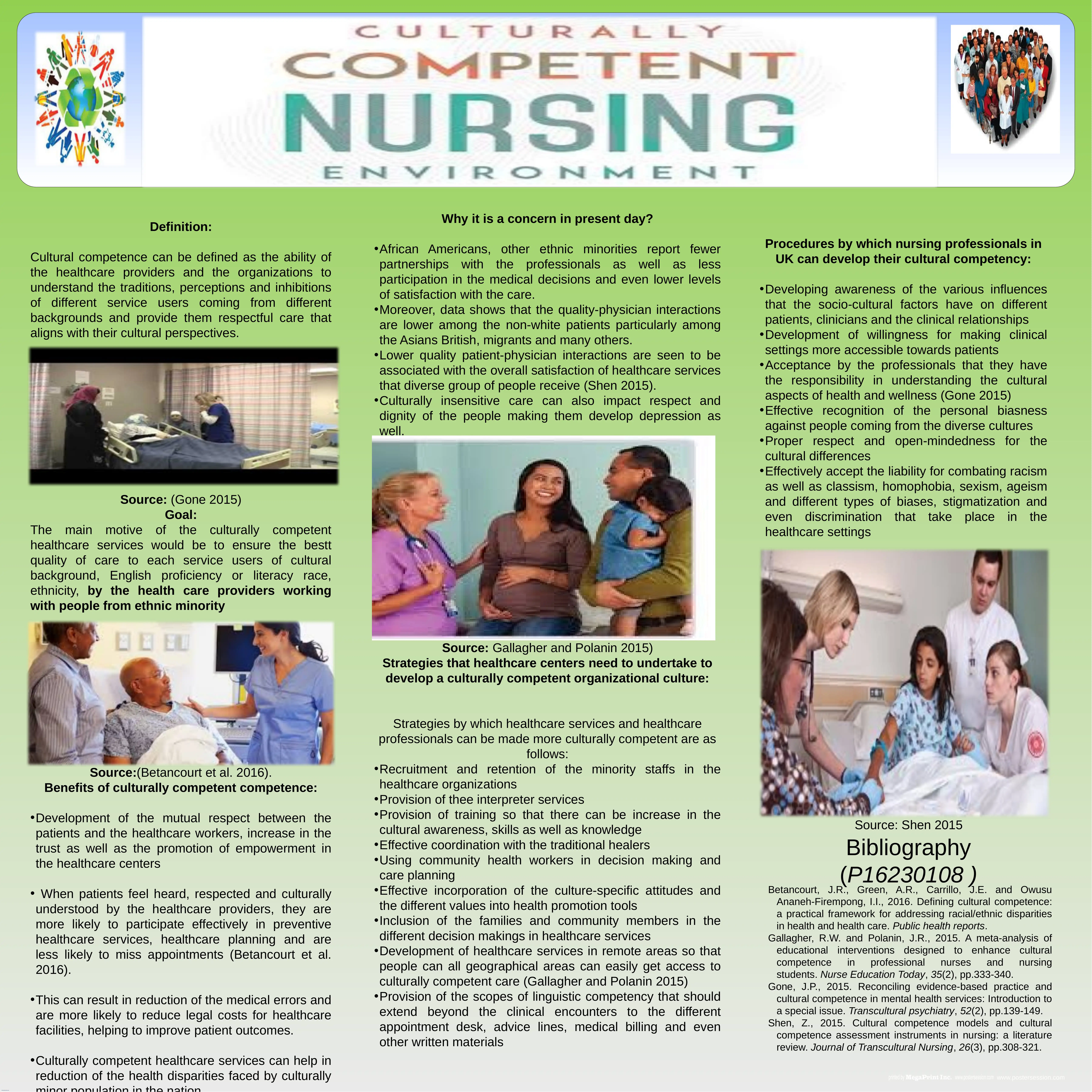Cultural Competence in Healthcare: Strategies and Development Report
VerifiedAdded on 2022/01/04
|1
|802
|135
Report
AI Summary
This report provides a comprehensive overview of cultural competence in healthcare. It begins by defining cultural competence as the ability of healthcare providers to understand and respect the traditions, perceptions, and inhibitions of diverse service users, ensuring respectful and culturally aligned care. The report highlights the benefits of cultural competence, including improved patient-provider relationships, increased trust, and enhanced patient participation in preventive care. It addresses the current concern of disparities in healthcare, particularly among ethnic minorities, and discusses strategies for healthcare organizations to develop a culturally competent environment. These strategies include recruiting diverse staff, providing interpreter services, offering cultural awareness training, and incorporating culture-specific values into health promotion. The report also outlines procedures for nursing professionals in the UK to develop their cultural competence, emphasizing awareness of socio-cultural factors, acceptance of responsibility in understanding cultural aspects of health, and combating biases in healthcare settings. The provided bibliography supports the report's claims with relevant sources.







![[object Object]](/_next/static/media/star-bottom.7253800d.svg)